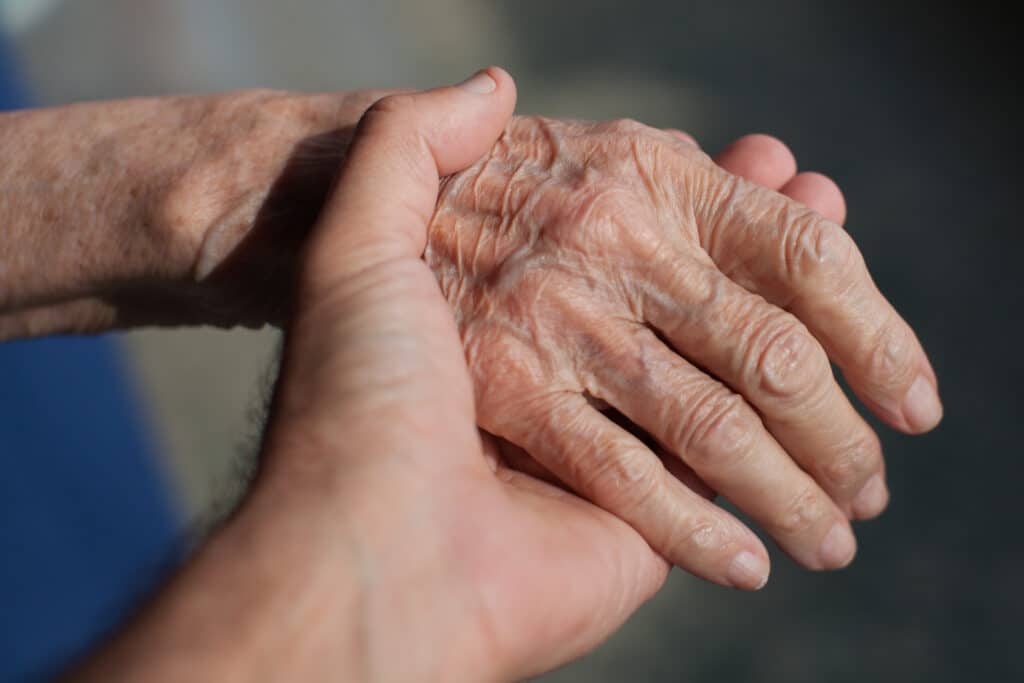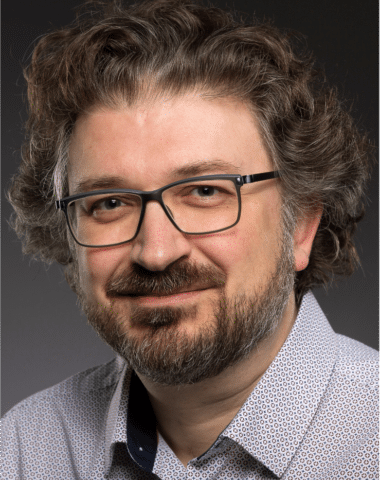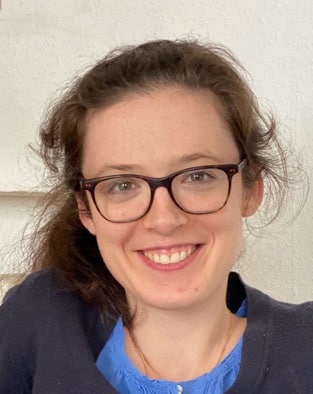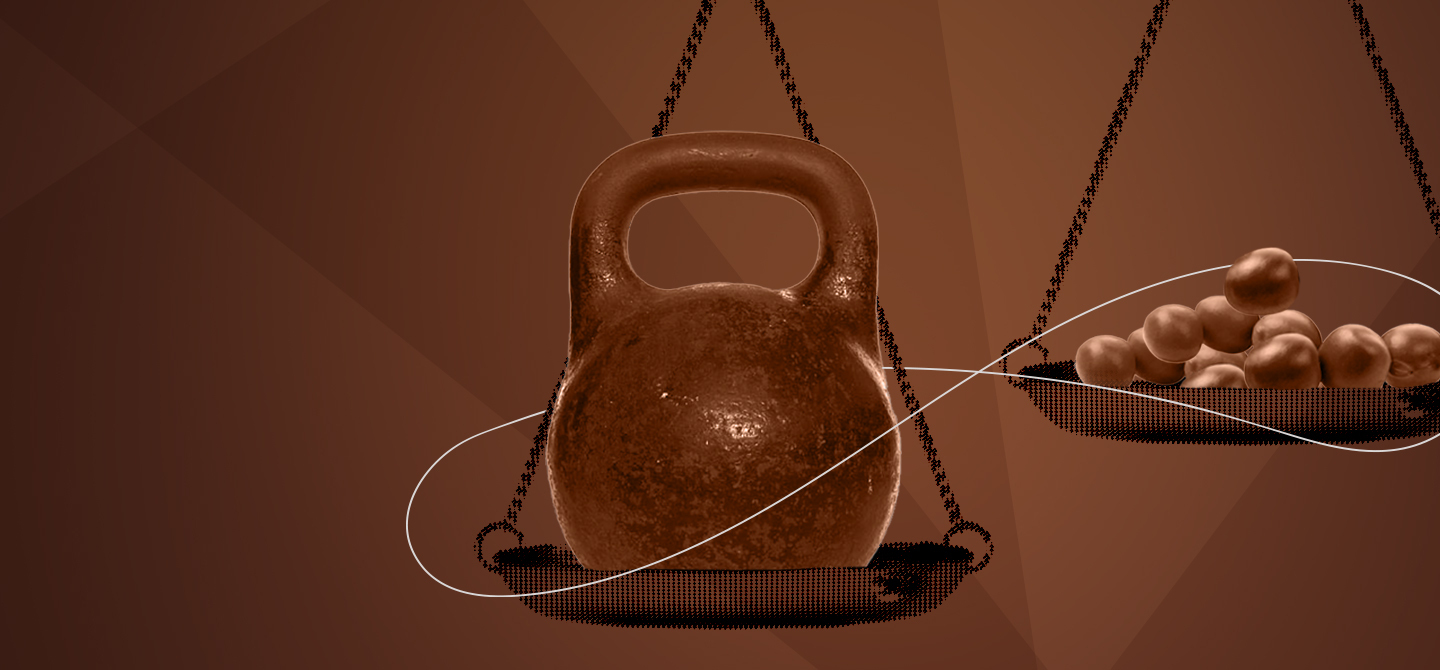What are ageing and death from a biological point of view?
- Death is a biological and philosophical concept at the crossroads of these two disciplines, which complicates finding a clear definition.
- In many languages, the word “death” designates a state, a process and an event. Understanding it requires both a philosophical perspective and cellular observation.
- Current research focuses on ageing, because postponing death means slowing down the ageing process in order to maintain a “good life”.
- Studies on longevity indicate that calorie restriction increases life expectancy by up to 50% in some species.
- Today, although the link between longevity and diet is clear, the process of death is more complex and has yet to be studied.
Linking philosophy and biology may seem strange. Yet there are many subjects where the two disciplines come into play and are, in turn, essential to understanding them. Death is a perfect example. This biological reality remains an abstract concept until we experience it in our own lives. But, however abstract it may be, death is based on a biological reality.
How do you define a concept that is as vague as it is present in our lives?
Clémence Guillermain. It’s a complicated question, but I think we need to clarify what we mean by death, ageing or end of life. The philosopher of science Philippe Huneman has done a lot of work on the philosophy of death. In his latest book1, he writes that the word ‘death’ in many languages designates at least three different things: a state, a process and an event. In French “la mort” is the state of being of something that has died and therefore was once alive. It is a process in the sense that, at a given moment, the organism begins to die and gradually dies until it is declared dead. And it is an event in the sense that we can identify, at least in theory, a precise moment when the organism dies.
To understand what death is, we need to understand both this event and the processes by which we arrive at it. But how can we understand them if even the criteria for defining them depend on states, continents and even cultures?
Alexis Gautreau. It depends somewhat on the culture. But, generally speaking, we’re talking about the absence of a pulse, the absence of breathing and a flat electroencephalogram. The problem is that based on these criteria, there are many people who have been declared clinically dead and who have “come back” to life. These famous “near-death experiences” (NDEs) have left a profound impression, and this is an aspect that Clémence’s thesis was able to address. Books for the general public, such as Dr Moody’s2, all feature the same accounts, such as the impression of leaving one’s body or seeing the light at the end of the tunnel, regardless of a person’s culture or beliefs. We all have a psychedelic hormone, dimethyltryptamine (DMT), which is released in the final moment and helps us to make the transition, the great journey. There are very few studies on DMT, but it’s fascinating. DMT administration induces a physiological state comparable to that experienced by people who have had an NDE3. Why would a mechanism like this have evolved? Whether or not you feel reassured when you make your final journey should be irrelevant from a Darwinian selection standpoint. If the hypothesis that DMT is released in the final moment is true, which is extremely difficult to prove, there must be another function for this hormone…
CG. This is where one question leads to another, and the two tend to be confused. According to Ernst Mayr4, twentieth century biology is based on two main approaches, with distinct methods and questions. The biology of ultimate causes (evolutionary biology) seeks to understand not only why we die, but also why biological characteristics such as death and ageing have not been eliminated by natural selection. The biology of proximate causes (functional biology), on the other hand, asks how an organism dies, i.e. what are the underlying mechanisms that cause an individual and its organs to progressively deteriorate until it finally dies.
What is the main focus of current research?
AG. Research depends on grants and therefore on funding. Previously, there were only grants for diseases as such: cancers, cardiovascular and neurodegenerative diseases. Over the last ten years or so, there has been a very strong focus on ageing itself, because we’ve realised that even if we had a miracle cure for cancer or Alzheimer’s, we’d still die of other things soon afterwards. So, what we need to do is put off death by slowing down the ageing process. The aim is to postpone all age-related illnesses, such as all those I’ve mentioned, so that we can not only live long, but live long in good health!
CG. Yes, you’re referring to Robert Weinberg5, who showed that even if we managed to cure all cancers (the second leading cause of death in France and the United States), we would only manage to increase life expectancy by about three years.
AG. In any case, the objective has always been to find out how we die rather than why, even though there is now all this funding devoted to longevity.

CG. And ageing, the process that leads us all irrevocably towards death, raises many questions. I’ve done a lot of work on it, and even defining it is complicated. When do we start to age? Is it from birth, from sexual maturity or from a form of decline that we need to be able to identify? More recent models stipulate that our ageing begins with one or more specific events, which could be, as Michael Rera, one of my colleagues, has shown, a drastic increase in intestinal permeability6, for example. This type of phenomenon would be an indication of entry into an end of life.
AG. Intestinal permeability is a chronic disease in the elderly, which dramatically stimulates the immune system. We expect all the organs to function less well as we age. In fact, it is often the immune system that works too hard. It becomes less discriminating and starts attacking our own organs. “Autoimmune” diseases damage elderly people’s bodies at a rate that has increased in recent decades. It would seem, however, that it is still possible to postpone or slow down the ageing process. There is a very simple treatment that works in many species, from single-cell yeasts to flies, worms, and mice. By restricting the food intake of the organism quite drastically, each species will live a little longer7. After that, the simpler the organism, the greater the gain. In yeast, the lifespan is multiplied by three. In mice, the gain is only 50%. In humans, this has obviously not been demonstrated, because we already live to be 80 years old on average, and nobody has done the experiment. But by gaining 50%, we would go from an average life expectancy of 80 to 120 years. Another experiment has shown that we can isolate mutant variations that live longer8. This comes as a huge surprise because mutants are usually seen as “unhealthy”. But most of these mutants that live longer have genes that code for proteins involved in consuming the energy provided by food. The two sets of findings are entirely consistent with one another. It’s as if our metabolism had been programmed to make a certain number of turns and then we had a programme encoded in our genes to make us die.
If a programme of this kind does exist, is it possible to do something about it?
AG. If this programme exists, it means that it has been conserved and shaped during the evolution of species. What would be the evolutionary advantage of making us die earlier? It seems that the price to be paid for the increased longevity resulting from calorie restriction is in the area of reproduction. In fact, if we live with a reduced metabolism, we will certainly be able to slow down our tachometer, but at the same time we will be less efficient overall, particularly when it comes to finding a sexual partner, copulating, procreating, and bringing our young to sexual maturity. There’s a certain logic in making us live life to the full for 40 years – the time it takes to do all that – and then letting our capacities slowly deteriorate. Whether our capacities deteriorate slowly or rapidly afterwards, it remains outside the scope of Darwinian selection in any case.
C.G. All this was conceptualised by Thomas Kirkwood, who developed one of the three major theories of evolutionary biology on ageing. This is the so-called disposable soma theory, which is based on the idea that each individual has a certain amount of energy, which he or she chooses to allocate preferentially, either to survival, or to maintaining the organism, or to reproduction or other mechanisms. The choice made would have an impact on the others.
AG. The upshot of all this is that there are mutants that can live longer. These mutants are in our genes, and our genes code for proteins. And proteins are the targets of pharmaceutical molecules. In theory, therefore, the longevity effect could be reproduced using a molecule targeting the proteins that regulate our metabolism. Proof of concept has now been demonstrated. Using rapamycin, we’ve managed to make mice live longer9. We could first reproduce and then try to live longer thanks to such a drug in the second half of life.
CG. I would qualify that statement slightly, in the sense that, if you look at the major studies on longevity, the genetic component of life expectancy is quite small10. On the other hand, the results obtained on species such as nematodes and even mice are quite extraordinary. For the moment, we still have the impression that things are more complex, and that it is still difficult to find a gene or a small number of genes in the more developed species that can significantly improve lifespan.
AG. Obviously, I agree with you that this is just wishful thinking for the time being. But what is certain today is the close link between longevity and diet. What makes people live longer is calorie restriction. And this is very similar to the measures taken to combat cancer or diabetes, where we have to stop feeding people disproportionate amounts of sugar. We may have programmes to ensure that we live to 120 – the maximum age of the human species – but it is these same programmes that put the brakes on the many tumours that are constantly developing in our bodies. Senescence, for example, prevents many cells from forming tumours by irreversibly blocking their proliferation, but these senescent cells also secrete inflammatory molecules that cause us to age. We can’t help thinking that there are many trade-offs of this kind, and the question is whether we’ll be able to exploit the positive side without simultaneously activating the negative aspect…
















